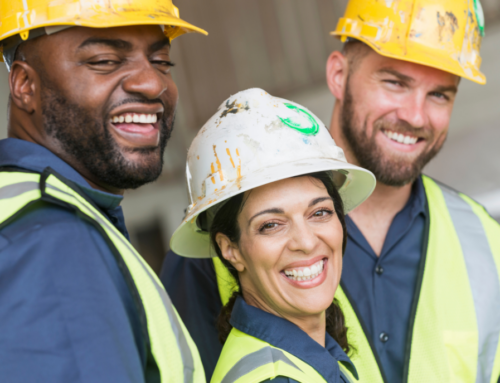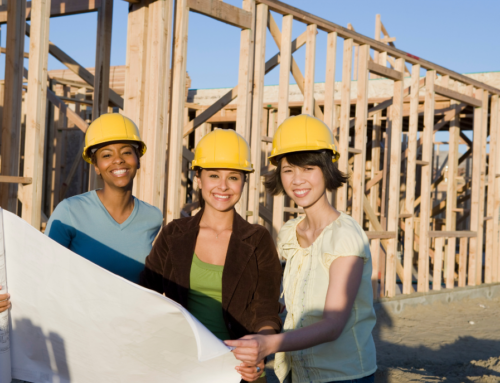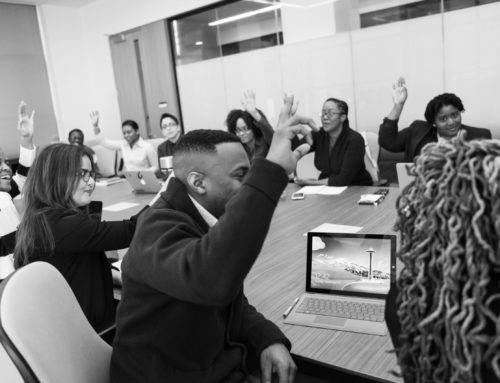In the dynamic world of construction, the call for diversity, equity, and inclusion (DEI) is reshaping industry practices and fostering a more vibrant and innovative future. As we navigate through 2024, it’s evident that the construction sector is acknowledging the importance of creating an inclusive workplace that reflects the diversity of the communities it serves. This blog will explore the critical role of DEI in the construction industry, shedding light on the challenges, progress, and the transformative impact of fostering diverse and inclusive work environments.
- The Imperative for Diversity in Construction:
Diversity in the construction industry goes beyond a moral imperative; it’s a strategic necessity. In 2024, construction professionals are recognizing that diverse teams bring a variety of perspectives, experiences, and skills that drive innovation, enhance problem-solving, and lead to more robust decision-making. From the office to the construction site, a diverse workforce is crucial for addressing the complex challenges of the industry.
- Breaking Down Barriers:
Historically, the construction industry has faced barriers to entry for underrepresented groups. Efforts are being made to break down these barriers by promoting inclusivity in hiring practices, providing training and mentorship programs, and actively seeking out diverse talent pools. In 2024, construction companies are fostering an environment where individuals from all backgrounds feel welcome and have equal opportunities for career advancement.
- Promoting Equity and Equal Opportunities:
Equity in the construction industry means ensuring that all employees have access to the same opportunities, resources, and support. In 2024, there is a concerted effort to create policies that promote pay equity, fair promotions, and inclusive benefits. Companies are actively engaging in audits to identify and address any systemic biases that may exist in their processes.
- Inclusive Leadership:
Leadership plays a pivotal role in driving DEI initiatives within the construction industry. In 2024, construction companies are prioritizing inclusive leadership, which involves fostering an environment where diverse voices are heard, and different perspectives are valued. Training programs are being implemented to equip leaders with the skills needed to lead diverse teams effectively.
- Cultivating a Culture of Inclusion:
Creating a culture of inclusion requires more than just meeting diversity quotas; it involves fostering an environment where every individual feels respected, valued, and able to contribute authentically. Construction companies are implementing awareness campaigns, workshops, and training sessions to educate employees about the importance of inclusion and to create a workplace where everyone can thrive.
- Supplier Diversity Programs:
Beyond internal initiatives, construction companies are extending their commitment to DEI through supplier diversity programs. In 2024, there is a growing emphasis on partnering with minority-owned, women-owned, and other underrepresented businesses in the construction supply chain. These programs not only contribute to the economic empowerment of diverse entrepreneurs but also enrich the overall industry ecosystem.
As the construction industry charts its course into the future, the principles of diversity, equity, and inclusion are emerging as cornerstones of success. In 2024, construction professionals are actively working to break down barriers, promote equity, cultivate inclusive leadership, and foster a culture where every individual can contribute to their fullest potential. By embracing DEI principles, the construction industry is not only building structures but also constructing a more equitable and inclusive future for the communities it serves.








Leave A Comment